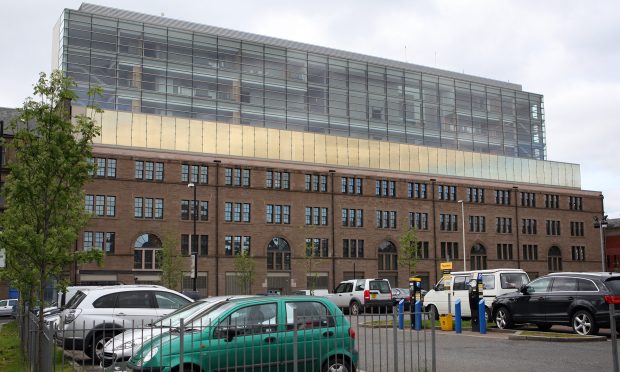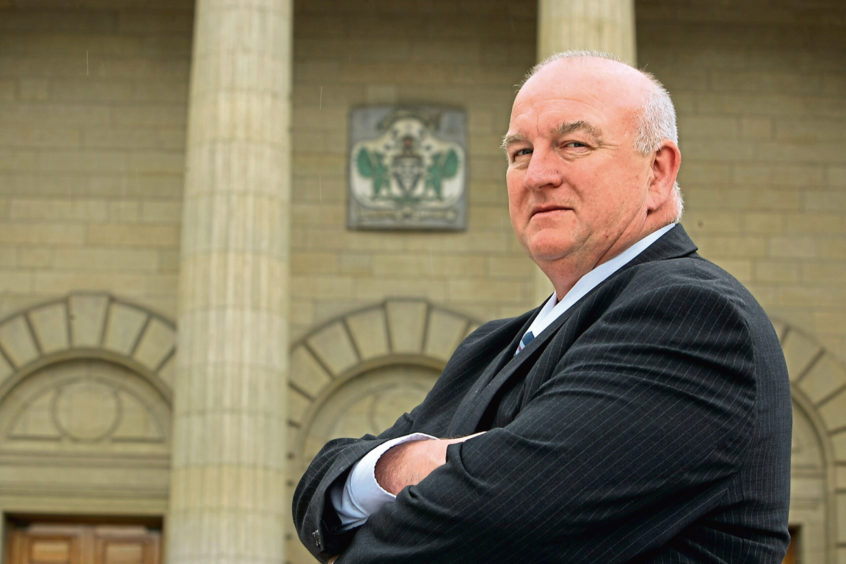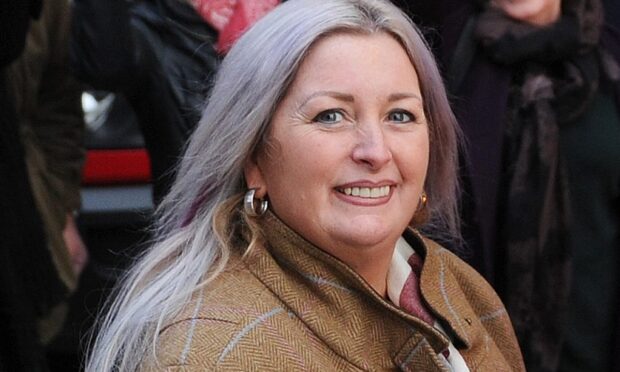The number of high-earners at Dundee city council has nearly doubled in the last year, new figures have revealed.
Annual financial reports show the number of staff earning more than £50,000 has grown from 205 to 407 over the last financial year.
City chiefs defended the rise, pointing to the number of principal and deputy head teachers entering the higher bracket following a 7% pay increase.
However, scrutiny convener Kevin Keenan, Labour, attacked the way city councillors found out about about the increase and said colleagues had to “stumble” across the figures in the annual reports.
The number in the over £80,000 bracket has grown from 21 members staff to 25, the figures showed.
Total pay for the top six council executives grew by 15% – from £638,040 to £734,415.
Most employees have received a 3% increase in annual salaries.
Chief executive David Martin took home an 8% rise – £143,353 to £154,989 – with the majority of the annual lift due to an extra payment made in remuneration for his role overseeing last year’s general and European elections.
Mr Keenan pointed out that it was many of the council’s lower paid staff who had been on the front line in the Covid-19 crisis.
“As we see the demands that were made on some of the lower paid members of council, should there be a better oversight and more information coming to councillors when you see such a jump so it doesn’t come as a surprise when we open the accounts at the end of the year,” he asked.
“It would be better to build something like that in should we see numbers increasing, so at an earlier stage there can be a challenge and an explanation given.”
Dundee City Council leader John Alexander has warned the local authority is facing a “serious and immediate financial crisis” as a result of the pandemic.
Council corporate services boss Greg Colgan put the increase down to the number of principal and depute head teachers entering the bracket used to define a top earner at the local authority.
He said: “One of the issues that’s causing this is the £50,000 limit for reporting within the accounts has never been reviewed over the years.
“As time passes, salaries are growing over that cap. Because of the on average 7% increase for school based staff we’re now including principal teachers and depute heads.”
Mr Martin agreed to changes in the way councillors receive the information before defending pay for senior managers.
“One of the things I would remind members is you might get a different view if you looked at the members of the council earning over £80,000.
“Those are significant senior managers, the portfolios they run are substantial, and in 2015 we reduced the number of chief officers from 35 to 24.”
The Scottish Joint Negotiating Committee (SJNC) for Local Authority Services sets the salaries for the chief executives of Scottish local authorities.
The salaries of the executive directors and heads of service are determined with reference to the chief executive’s salary taking into account the duties and responsibilities of their posts.











